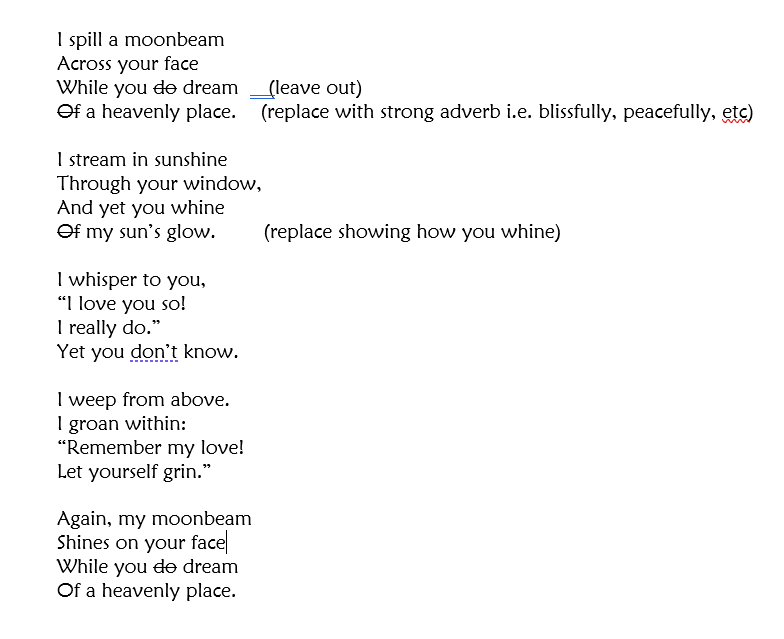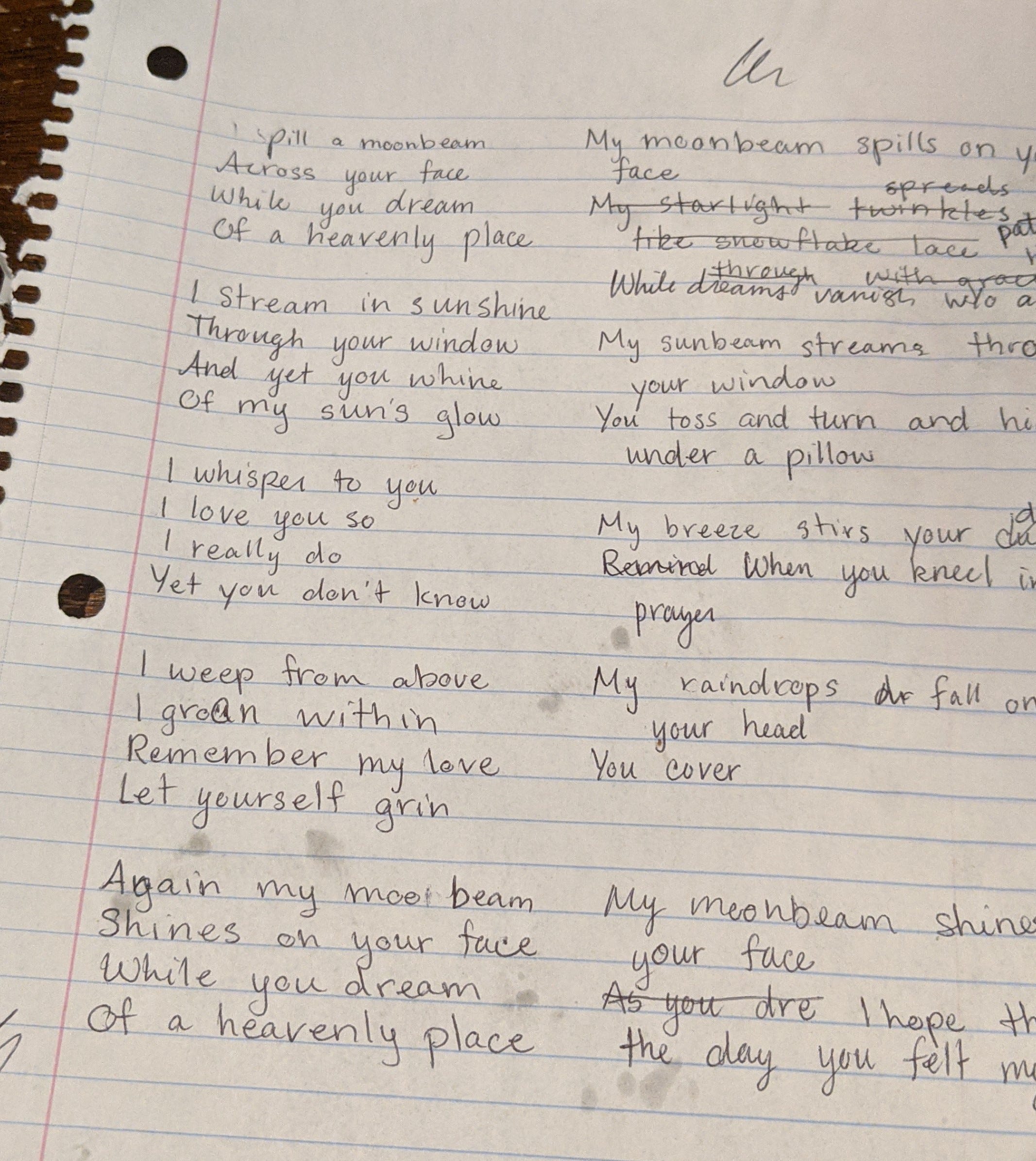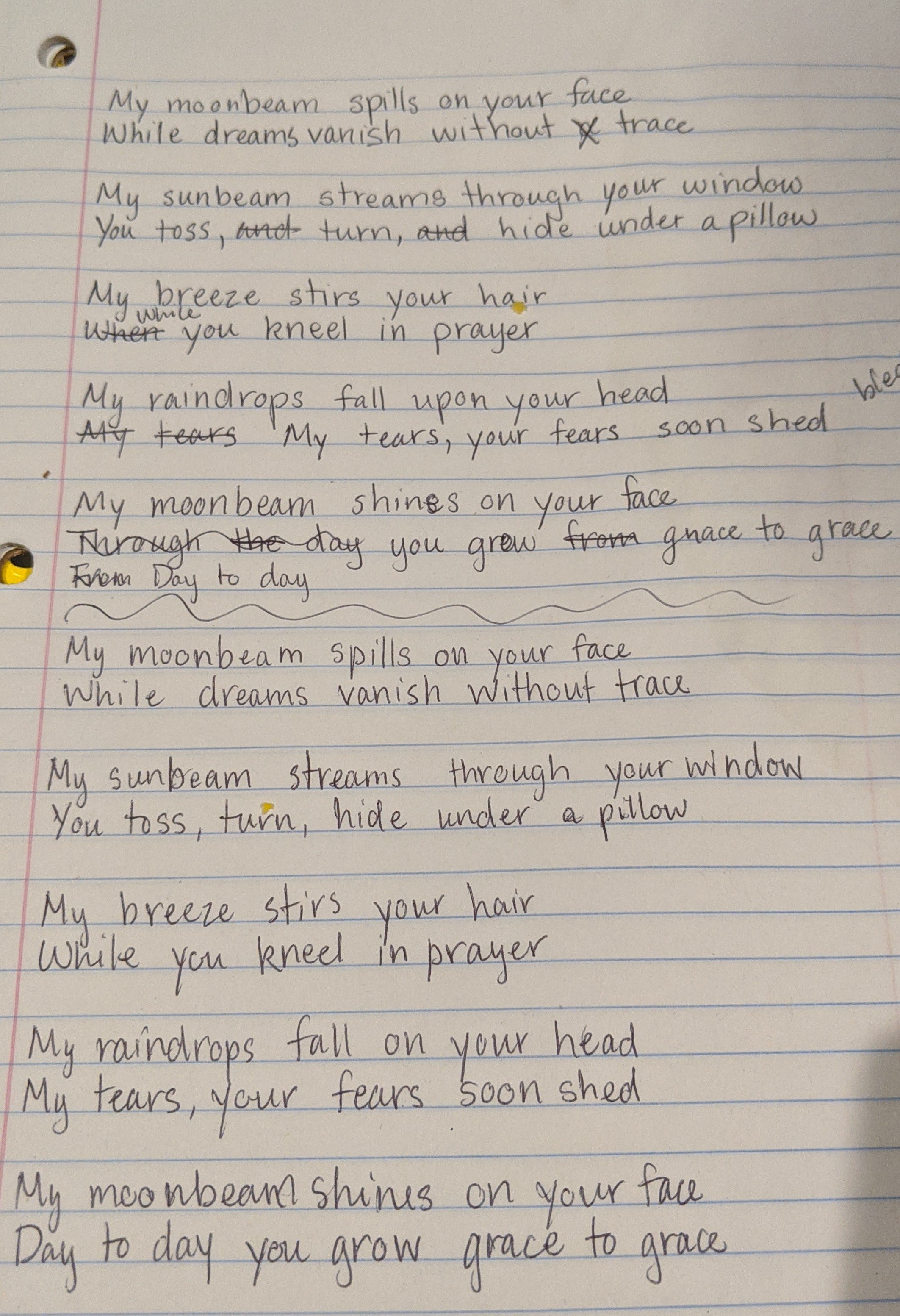 |
| Photo and Masks by Author |
I wondered before school started how masks would delay my son’s speech, which I wrote about previously. After the third week of preschool, clear masks arrived in the mail and I sent his teacher one. Also, I sent my son with a clear mask to school. The masks tend to fog inside the plastic portion and they are harder to breathe through. Hence the fog negates part of the purpose. While subbing as an aide, I only saw one teacher put on a clear mask while she taught students about dental hygiene. After the mini-lesson, she switched to a normal mask.
From working in schools, more teachers are wearing a face shield instead of the clear masks when they need to communicate with speech-delayed children. The face shields are even more than what is required in this situation according to Governor Herbert’s mandate. Face shields are a compromise between no mask and masks. So far, I have seen teachers wearing a face shield during special education services. As I subbed for my third son's special ed class, the students and teachers and aides could use face shields for that room.
My youngest son’s speech has improved some since beginning preschool. He is saying three of four more words. He has doubled his word count! His /t/ no longer sounds like a /d/. Also, I recognize more intonations to phrases. I am so pleased with these small yet large improvements. Currently, the speech therapist wants us to work on turn-taking activities to mimic conversation.
Working as a substitute teacher or teacher aide, I have observed how different schools have implemented the mask mandate. In most schools, the students and teachers wear their masks normally. The children still have their masks fall below their noses often and need reminders. Some masks are just too big to stay on their noses long. In this case, some parents have twisted the elastic twice over to make it tighter. I tie a knot in earloops on my oldest son’s masks. The clear masks for my toddler came with little sliding adjustments, which work well as long as they don’t slide completely off. My youngest son has already lost one slider.
One school I subbed at required masks on for more activities than outlined in the Utah school mask mandate. This school made no exception for PE, special education, and for speech-delayed children. During PE, the children dropped their masks more frequently while jumping and they had difficulty breathing. I had greater trouble understanding the children with speech difficulties in the special education classroom. And they had trouble understanding me. We said “what?” a lot. Sometimes we gave up on communication entirely. For children with special needs, this increased their frustration and meltdowns.
Thus, the exceptions are there for a reason.
Students and staff can remove their masks during recess and while eating. Having a small break during the day has helped my anxious teenager through the process. I am glad that we don’t have to wear masks while eating. I don’t know if it would be possible to eat with a mask on, but it might be interesting and messy to try.
While wearing a mask, my throat hurts at the end of the day. Kudos to teachers and other staff who do this every day! I used a cough drop to soothe my throat tonight. While I had a sinus infection and sore throat the last weekend of September, I drank warm water with honey and lemon juice. It soothed my throat, so I may need to try that for “mask throat.”
For all the challenges, Utah teachers and students have done well. They have demonstrated great resiliency during this pandemic. Right now, everyone is working as best they can to keep schools open. Life will return to normal.











